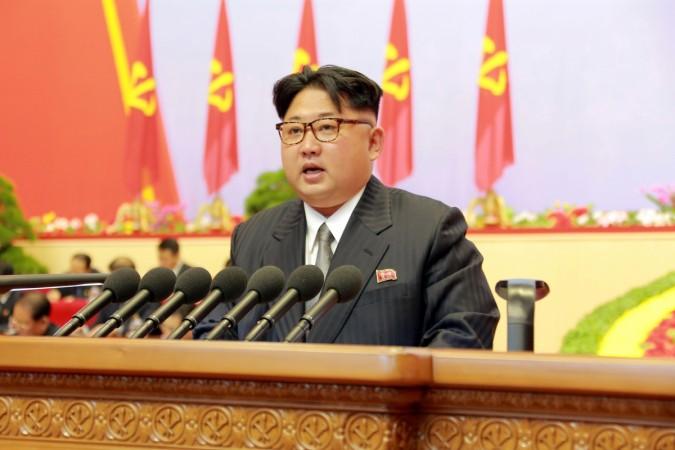
The United Nations Security Council imposed its toughest sanctions against North Korea on Thursday in an attempt to deter the defiant nation from conducting nuclear missile tests.
The resolution for new sanctions against the nation came at least three months after it secretly conducted its fifth nuclear test. The resolution headed by the United States was ultimately passed by a 15-0 vote after tough negotiations with fellow council member China.
The sanction will put a cap on North Korea's main coal exports, the nation's main external revenue source. The resolution drawn by the nations require North Korea to "abandon all nuclear weapons and existing nuclear programs." Under the particular resolution, the country will be restricted from exporting more than 7.5 million tonnes of coal in 2017. The number will be a significant reduction of 62 percent in 2015.
The UN expects that by limiting the exports of North Korea's coal and non-ferrous metals like copper by a huge margin, the nation's revenue will be cut by more than $800 million per year, causing a huge hit to North Korea's economy, consequently reducing its funds for nuclear and ballistic weapon testing.
UN Secretary-General Ban Ki-moon in a speech on Wednesday said that the Security Council had "taken strong action on one of the most enduring and pressing peace and security challenges of our time. Today's resolution includes the toughest and most comprehensive sanctions regime ever imposed by the Security Council."
Other measures undertaken by the council also include targeting officials, companies and diplomats involved in nuclear proliferation activities, smuggling and selling of illegal arms and ammunitions to fund the regime of North Korean leader Kim Jong-Un.
The US ambassador to the UN, Samantha Power, said that the move made by the UN is "the strongest sanctions regime the Security Council has imposed on any country in more than a generation."
















